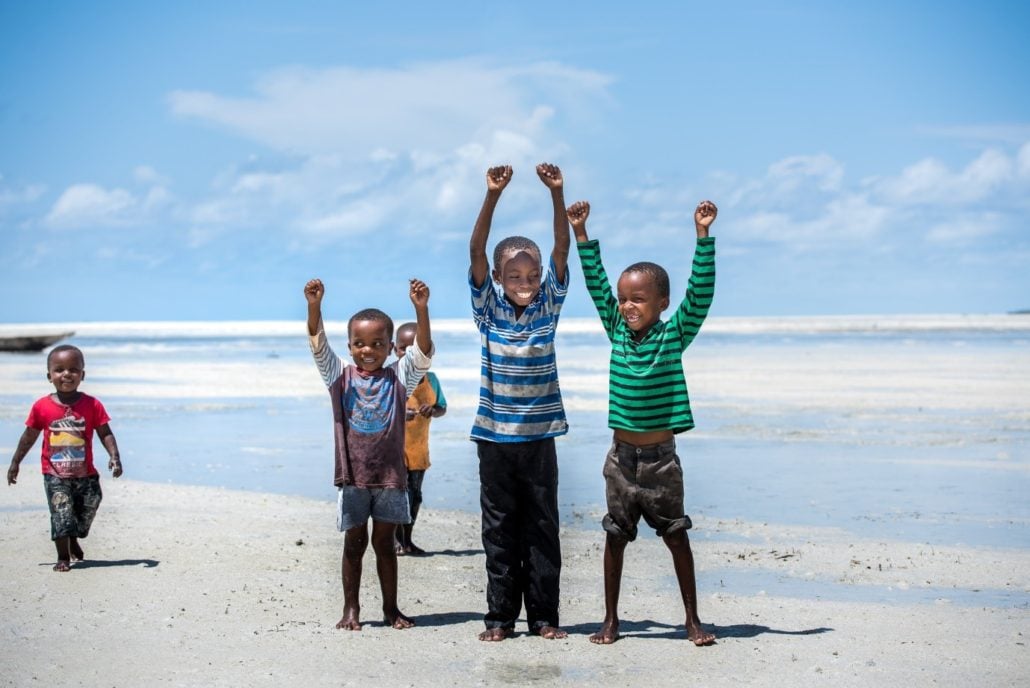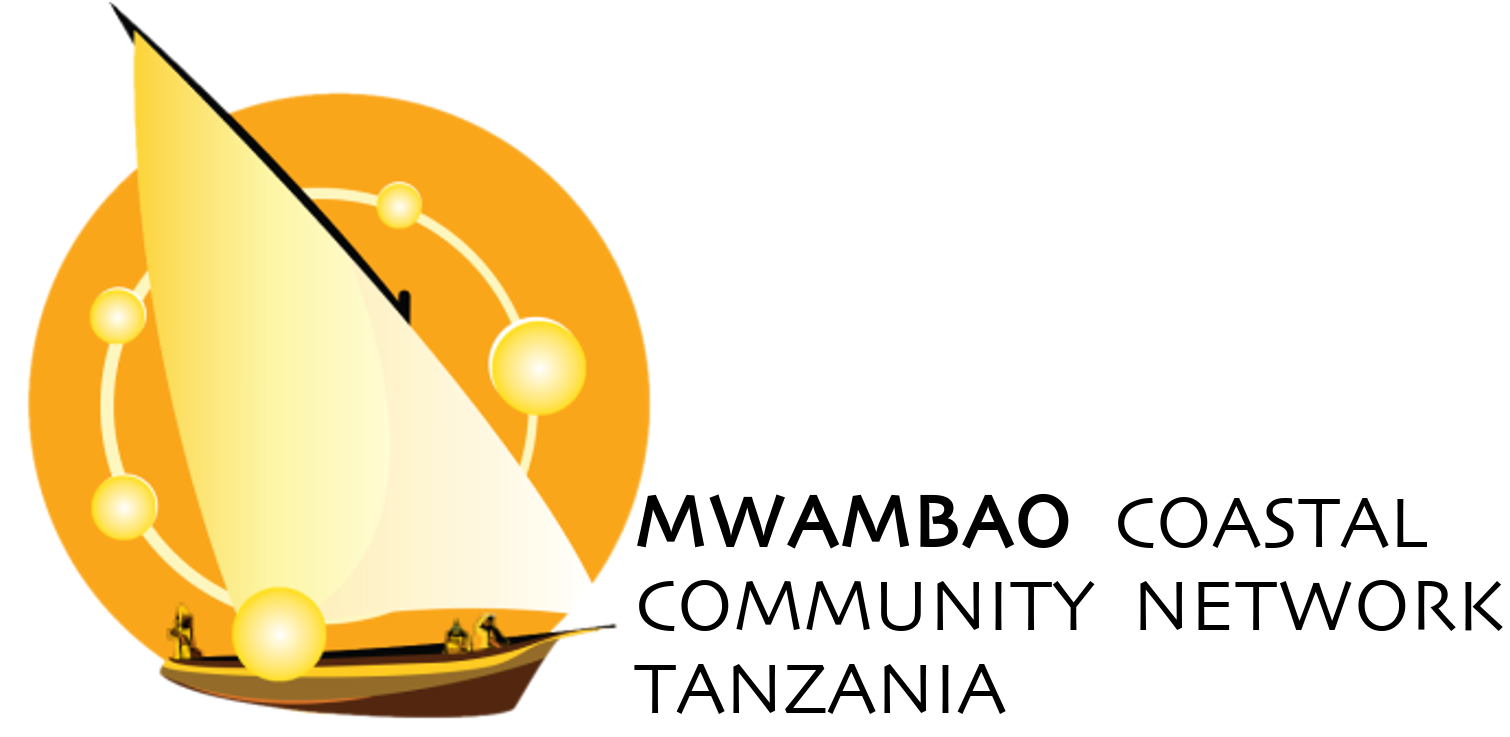ABOUT MWAMBAO
WE FACILITATE
WISE & INFORMED DECISION-MAKING ABOUT COASTAL RESOURCES AT THE LOCAL LEVEL
Our Vision is healthy Tanzanian coastal & marine ecosystems where coastal communities are recognized as capable & effective resource managers with equitable benefits from their resources.

WE BELIEVE
COASTAL ECOSYSTEMS WILL ONLY THRIVE WHEN COASTAL COMMUNITIES DO TOO

Our Mission is to facilitate coastal communities in Tanzania to maintain healthy marine ecosystems & practise diversified livelihoods through actively & responsibly participating in the sustainable co-management of their marine resources.
When communities develop and enforce their own rules and governance systems and have the confidence to implement them, when they benefit from these efforts, and when local and national policies and actors recognize and support community conservation, then coastal resources will be managed sustainably – for use today and for the future.
our story
Mwambao was founded in 2010, after it’s founding members travelled the Tanzanian coast and identified the need for communities to gain knowledge and capacity their governance roles and represent themselves. Our goal was to connect local communities together to share information, knowledge, and practice, and to create links with outside resources and networks.

How Do We Make a Difference - Our Theory of Change
Mwambao works in an environment where local communities depend on coastal resources for their livelihoods.
Mwambao believes that a sustainable future is only achievable if communities have resource access rights and management responsibilities.
Central to Mwambao’s work is strengthening Shehia Fisher Committees (SFCs) and Beach Management Units (BMUs) to effectively and efficiently manage fisheries and improve local marine governance. We believe that the creation of responsible community-based marine resource management could be achieved through the following;
- Strong local institutions that are representative of and accountable to their constituents.
- Strong management capacity at local levels combining scientific and traditional knowledge for better interventions.
- Ability of local communities to sustainably derive benefits from marine resources.
- Supportive policy, legal, and business environment for inclusive marine conservation.
- Improved stakeholder coordination, public and private.
